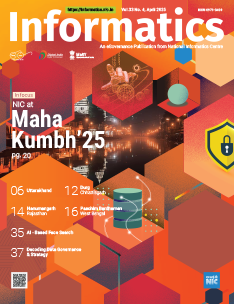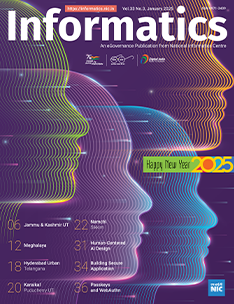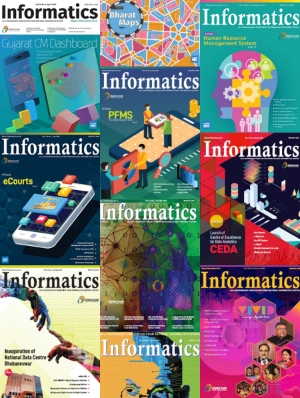Launch-cum-Training on Right to Service Commission Portal
![2nd from Left are Sh.Sameer K. Secy(Home),Sh.H.S. Dhillon, Sh.S.M.Sharma, Dr.Dalbir S Verka, Sh.Iqbal S. Sidhu [Commissioners],Sh.Jaspal Mittal Secy](https://informatics.nic.in/uploads/images/thumb_0e7a9e19_DSC_6894.JPG)
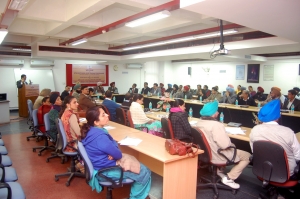
Two-day training for the senior officers and operational staff of the pilot departments of the pilot district on Right to Service Information System (RTSIS); an online monitoring system to track and monitor service delivery, wasorganized at Mahatama Gandhi State Institute of Public Administration (MGSIPA) at Chandigarh on 28th and 29th January.
The portal was launched before the start of the training by Punjab Right to Service Commission (PRSC) members Sh. S.M.Sharma Commissioner, Sh. Iqbal Singh Sidhu Commissioner, Dr. Dalbir Singh Verka Commissioner, Sh. H.S. Dhillon Commissioner and Sh.Jaspal Mittal Secretary PRSC on 28th Jan. The portal shall be made online on 15th Feb and shall be implemented in the pilot departments of pilot district of S.A.S.Nagar Mohali first before replication in the entire state.
The portal has been created by NIC Punjab under the able guidance of Sh.S.C.Aggarwal (Ex-Chief Secretary Punjab) Chief Commissioner PRSC. Implementation of a similar system by NIC in Karnataka under the name of “SAKALA” encouraged the commission to initiate this project. The initiative was a follow-up of visit of PRSC members to Karnataka. That was further progressed with the transfer of software artefacts and learnings to Punjab. RTSIS has been customized to record and monitor delivery of services to the citizens under Right to Service Act (RTS) of Punjab Govt by various departments at state, district as well as at sub-district level.
Under RTS act, a number of government services have been brought under its ambit that are delivered to the citizens as a matter of right by different departments through different sources with definite time-period of delivery. The act has the provision to appeal at two levels above the designated officer if the service is not delivered in time, failing which the citizen may appeal to the Punjab Right to Service Commission (PRSC).
For the service delivery, some departments have fully-functional computerized systems with full-fledged receipt and delivery systems such as SUWIDHA for DC office-related services, SAANJH for police-related services etc whereas other departments have been doing through manual or semi-computerized system. RTSIS has been designed as an umbrella application that pulls service request level transactional data from automated systems through web-services and also provides interfaces to record service request data by other departments with provision to record status of pending requests at various stages. For status dissemination for any service request, web-based as well as mobile SMS mechanisms have been incorporated. The appeal module in RTSIS provides a work-flow based system to track the appeals at various levels till is final disposal.
The launch-cum-training session was inaugurated by Sh. Dalbir Singh Verka, Commissioner who gave the introduction of RTS act and explained the need of a computerized information system i.e. RTSIS in order to monitor the service deliveries in the state at different levels for the effective implementation of RTS act for the benefits of the citizens. He appreciated the efforts of NIC Punjab in creating a customized RTSIS as per expectations of PRSC and in completing the system well before deadline. The event has been widely covered by media.
Sh.Vikram Jeet Grover SrTD, Sh. Sanjay Puri and Sh.Virender Dhanda; NIC officers provided details of RTSIS and trainings to the participants through presentations, demonstration and hands-on sessions to the participants.




 Subscribe
Subscribe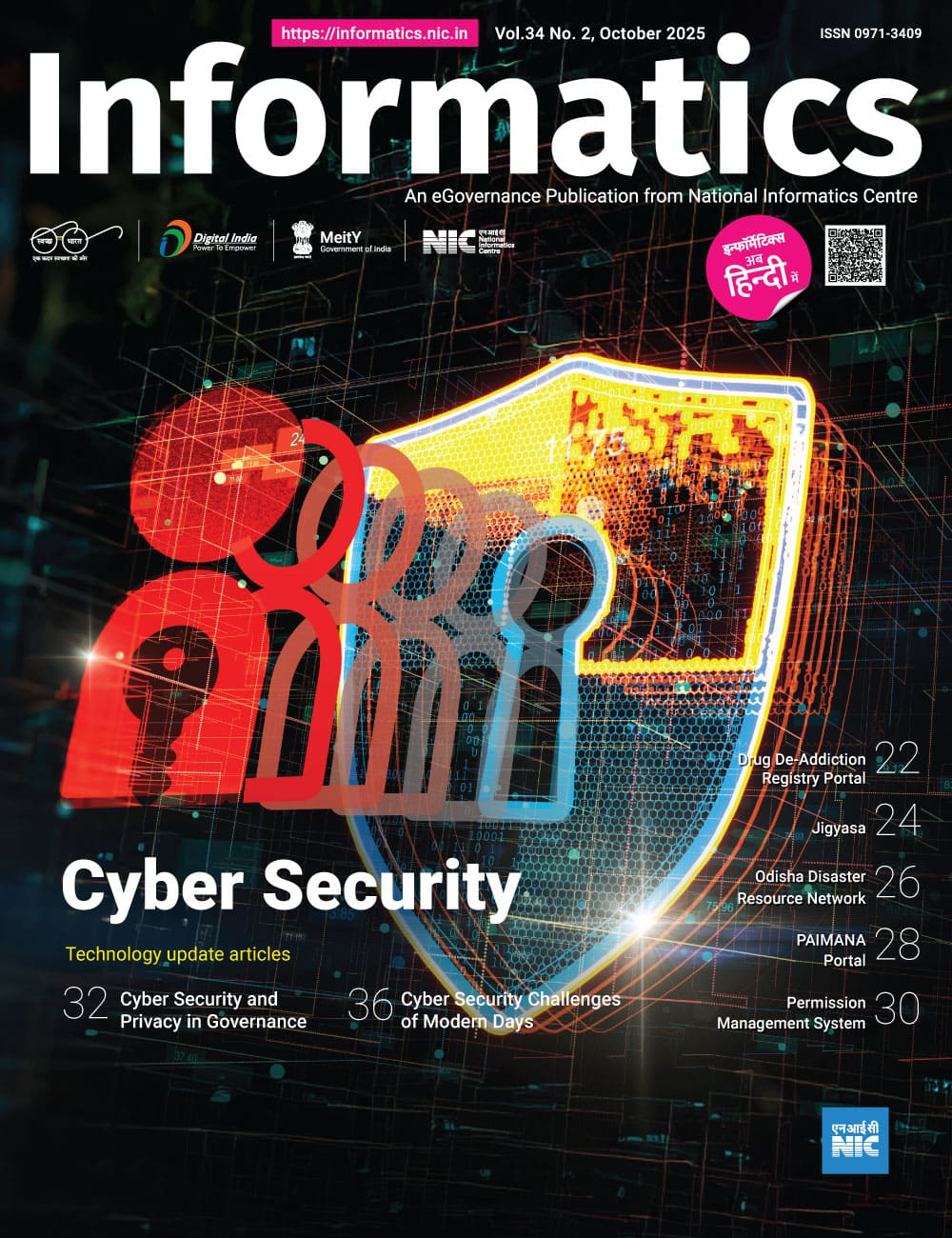
 Flipbook
Flipbook PDF (5.0 MB)
PDF (5.0 MB)
